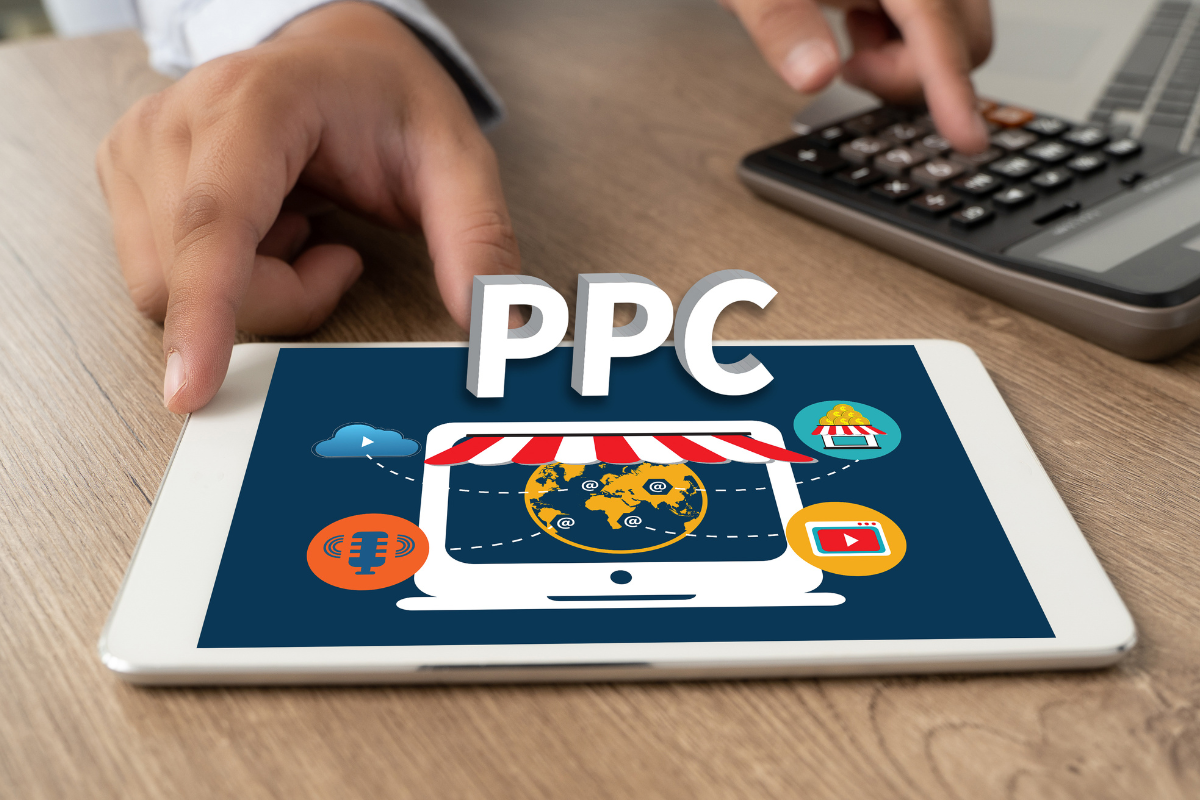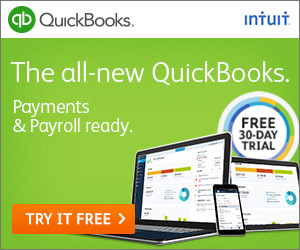In the highly connected and digitally savvy city-state of Singapore, having a strong online presence is no longer optional—it’s essential. With over 90% of Singaporeans using the internet daily and Google commanding the lion’s share of the search engine market, businesses must strategically position themselves where their audiences are searching. The two primary ways to do this are through organic search (Search Engine Optimisation, or SEO) and paid search (Search Engine Advertising, SEA, or Pay-Per-Click, PPC). But which strategy is right for your Singaporean business?
This guide breaks down the core differences, advantages, and drawbacks of both SEO and SEA in the local context, providing insights to help you make an informed, data-driven decision.
Search Marketing in Singapore: The Landscape
Singapore boasts one of the highest internet penetration rates in Southeast Asia. From booking a staycation to finding a hawker stall, consumers turn to search engines for quick, reliable answers. Google dominates the market, accounting for over 95% of all search queries in Singapore. This makes Google’s ecosystem—organic results and Google Ads—critical for local digital marketing strategies.
For SMEs and large enterprises alike, visibility in search can be a game-changer. But understanding how best to achieve this visibility depends on multiple factors, including your industry, competition, budget, and business goals.
Understanding Organic Search (SEO) in the Singaporean Context
What Is SEO?
SEO refers to the practice of optimising your website to rank higher in organic (unpaid) search results. It involves keyword research, content creation, on-page optimisation, technical improvements, and link building.
Pros of SEO for Singaporean Businesses
- Long-Term Sustainability: Once your site is optimised and ranks well, you can receive consistent traffic without paying per click.
- Credibility and Trust: Consumers often trust organic results more than ads. A top organic ranking suggests authority and relevance.
- Cost-Effective Over Time: Though initial investments may be significant, SEO can offer a lower cost per acquisition over the long term.
- Hyper-Local Opportunities: Optimising for search terms like “best kaya toast Tiong Bahru” or “dentist near Ang Mo Kio MRT” allows you to reach highly targeted local audiences.
Cons of SEO for Singaporean Businesses
- Slow to Yield Results: SEO is a long game. It can take 3–6 months or more to see significant ranking improvements.
- Ongoing Maintenance Required: Consistent content creation, technical updates, and link earning are essential.
- Algorithm Volatility: Google’s algorithm updates can impact rankings overnight.
- Highly Competitive Landscape: In saturated sectors like finance, insurance, or e-commerce, ranking organically is a serious challenge.
Key SEO Considerations in Singapore
- Localised Keyword Research: Tailor content to Singaporean terms, spellings, and search habits.
- Mobile Optimisation: With over 80% of Singaporeans using mobile for browsing, mobile-first indexing is crucial.
- Google’s E-E-A-T Principles: For sensitive industries such as finance or healthcare, demonstrating Experience, Expertise, Authoritativeness, and Trustworthiness is vital.
For a deeper understanding of local SEO techniques, Moz’s Beginner’s Guide to SEO is a valuable resource for beginners and professionals alike.
Understanding Paid Search (SEA/PPC) in the Singaporean Context
What Is SEA/PPC?
Paid search advertising involves bidding on keywords to have your ads displayed prominently on Google’s search results pages. You only pay when someone clicks on your ad.
Pros of SEA for Singaporean Businesses
- Instant Visibility: Your business can appear at the top of search results almost immediately.
- Precise Targeting: You can target users based on demographics, geography (e.g., users in Tampines), time of day, language, and interests.
- Flexible Budgeting: Set daily or campaign budgets that fit your marketing spend.
- Performance Tracking: Every click, impression, and conversion can be tracked and optimised.
Cons of SEA for Singaporean Businesses
- Costs Can Add Up: Competitive keywords like “insurance Singapore” or “condo investment” can have high CPCs (Cost Per Click).
- Short-Term Play: Once your budget is depleted, your visibility disappears.
- Ad Blindness: Users are increasingly adept at skipping over ads in favour of organic results.
- Click Fraud: While relatively low in Singapore, fraudulent or accidental clicks can waste your ad spend.
Key SEA Considerations in Singapore
- Keyword CPC Trends: Certain industries such as legal, finance, and education tend to have higher costs per click.
- Geo-Targeting: Ads can be served to users in specific postal codes, HDB estates, or business districts like Raffles Place.
- Multilingual Targeting: Singapore’s multicultural society means that targeting in English, Mandarin, Malay, and Tamil can increase reach and relevance.
For benchmarking CPCs and keyword competition, Google’s Keyword Planner is an essential free tool.
Which Should You Choose: SEO, SEA, or Both?
When deciding which strategy to pursue, Singaporean businesses should consider:
1. Business Goals
- Want to build long-term brand authority and earn customer trust? → Go for SEO.
- Need to drive immediate sales or promote a flash deal? → SEA is more effective.
2. Budget
- Tight budget with time to grow visibility? → Invest in SEO.
- Sufficient budget for immediate results? → SEA can offer quick ROI.
3. Industry and Niche
- Highly competitive markets may benefit from a hybrid approach where SEA gains traction while SEO builds a sustainable presence.
- Niche businesses with low competition may thrive organically with well-optimised content.
4. Timeline
- SEO is a marathon. If your business is new or launching a new website, expect months to gain momentum.
- SEA delivers results immediately, making it suitable for product launches or seasonal campaigns.
5. Competitive Landscape
- Conduct competitor analysis: Are your rivals heavily investing in PPC? Are they dominating organic search? This can help identify strategic gaps.
The Hybrid Approach: Combining SEO and SEA for Maximum Impact
Many successful businesses in Singapore adopt a hybrid approach—leveraging the strengths of both strategies for maximum effectiveness.
Benefits of Combining SEO and SEA:
- Keyword Synergy: Use PPC data to inform SEO strategies by identifying high-converting keywords.
- Increased Visibility: Appear in both organic and paid results for key searches, increasing trust and brand recall.
- Content Promotion: Launch new content or services using paid ads while waiting for organic rankings to grow.
- Retargeting Opportunities: Use PPC to re-engage users who discovered you through organic search.
For instance, a local tuition centre in Bukit Timah might rank organically for “best PSLE tuition Singapore” while simultaneously running Google Ads for “PSLE crash course 2025.”
Conclusion: There’s No One-Size-Fits-All Answer

Ultimately, whether you choose SEO, SEA, or both depends on your unique business needs, goals, and market conditions in Singapore. SEO offers credibility and long-term ROI, while SEA provides speed and precision. The most effective strategy may involve a smart combination of the two, optimised continuously through data and market insights.
Next Step? Consider conducting a search marketing audit or consulting a local expert to tailor a strategy that aligns with your business objectives.



